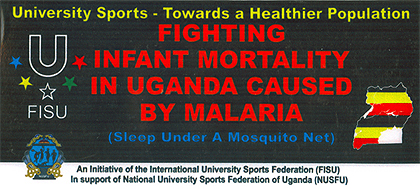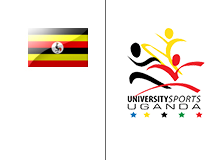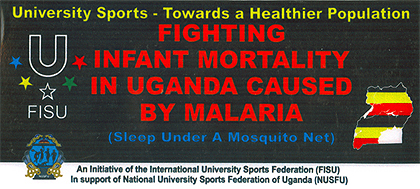
KAMPALA – Malaria is hurting the living standards of many Africans. Malaria vaccine has not yet become a reality; therefore, prevention of it is the way to go. It is a disease of poverty and is responsible for the widespread poverty across the Uganda. This is because at least 25 per cent of Ugandan households spend their annual income on treating malaria alone. Today, malaria is responsible for more illness and death than any other single disease in Uganda. While those with low immunity- pregnant women, children under five years and people living with HIV/AIDS- are particularly vulnerable, all people living in Uganda are at risk of being infected with malaria parasites and suffering from resulting illness. Malaria remains the leading cause of morbidity and mortality in the country – much more than HIV/AIDS. It continues to pose a great public health challenge to the country, costing the economy more than $600 million a year in treatment expenses and lost productivity, according to official statistics from the Ministry of Health. An estimated 300 Ugandans, mostly children and pregnant women, die of malaria every day.
FISU President George Killian, during the FISU FORUM in Vigo-Spain, on 22nd June 2010 pointed out to the Women’s committee members, the urgent need for FISU to save some lives of children in Uganda by donating funds to buy long-lasting insecticide treated nets.
Last January, the 1,000 mosquito nets were donated by the NUSF of Uganda in Luwero to expectant mothers as a way of sports contributing to development. Ugandan student-athletes who competed at the Universiade organized the event.
FISU’s intervention will ensure that at least 1,000 children will have access to treated nets thus an opportunity to grow up and help address the critical challenge of poverty that has partly contributed to the high mortality rate. Health experts say net use can cut malaria transmission by 50 per cent and child deaths by 20 per cent, and yet only 42 per cent of the Ugandan population sleeps under a net. While hospitals may get donations of complex equipment such as computers and microscopes, the need for simple items like mosquito nets may go unnoticed. Prevention is always better than cure.
What are the signs and symptoms of malaria?
Symptoms of malaria include fever and flu-like illness, including shaking chills, headache, muscle aches, and tiredness. Nausea, vomiting, and diarrhea may also occur. Malaria may cause anemia and jaundice (yellow coloring of the skin and eyes) because of the loss of red blood cells. Infection with one type of malaria, P. falciparum, if not promptly treated, may cause kidney failure, seizures, mental confusion, coma, and death.
(Source: Penninah Kabenge, FISU Assessor)

